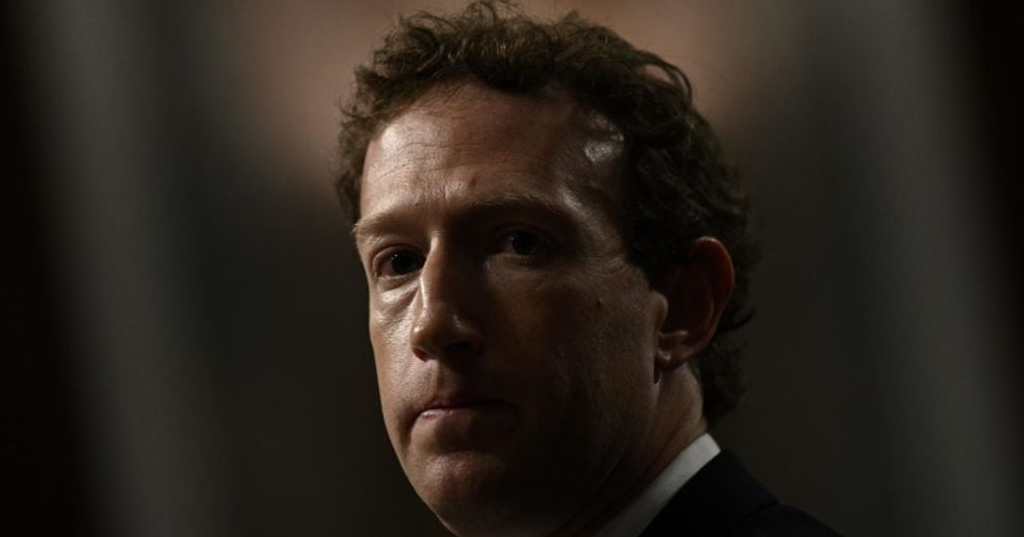Mark Zuckerberg’s Trillion-Dollar Meta Empire Sits On Razor’s Edge As Antitrust Case Rolls On
The Federal Trade Commission has launched a major antitrust case against Meta Platforms, Inc., accusing CEO Mark Zuckerberg’s tech empire of unlawfully maintaining a monopoly in the personal social networking space by acquiring and neutralizing its potential rivals—Instagram and WhatsApp.
The FTC argues that Meta’s acquisitions were not simple business expansions but deliberate moves to crush competition. At the heart of the case are internal communications showing that Zuckerberg viewed Instagram’s rapid rise as a direct threat to Facebook’s dominance, and sought to acquire and strategically suppress its growth to protect his empire.
Evidence presented in court includes testimony from Instagram co-founder Kevin Systrom, who revealed that after Instagram was brought under Meta’s control, critical investments—particularly in video development and user privacy—were deliberately denied. According to Systrom, Meta’s leadership throttled Instagram’s ability to innovate and compete internally, ensuring that Facebook remained king of the social media landscape.
Zuckerberg, in his defense, has claimed that the acquisitions were designed to enhance the overall user experience by integrating the best features across platforms. He has pointed to the rise of TikTok and YouTube as proof that competition in the social media market remains fierce. However, critics argue that Meta’s chokehold on the market for years distorted the competitive playing field long before new challengers like TikTok emerged.
The stakes could not be higher. If the FTC succeeds, it could force Meta to break up—potentially spinning off Instagram and WhatsApp as independent companies. Such a ruling would not only reshape the tech industry but also set a powerful precedent for reining in Big Tech monopolies that have grown too large, too fast, and too unchecked.
Legal experts note that the FTC’s success hinges on proving that Meta’s behavior harmed consumers by stifling innovation, reducing choices, and locking users into its ecosystem. Regulators are making the case that by gutting potential rivals instead of competing fairly, Meta violated antitrust laws meant to preserve a free and open market.
This trial marks one of the most significant regulatory challenges to Big Tech power in American history. For many conservatives, it’s a long-overdue reckoning for Silicon Valley elites who have wielded outsized influence over public discourse, elections, and the flow of information—all while amassing unprecedented wealth and control.
As the trial moves forward, all eyes are on whether the FTC can finally hold Zuckerberg accountable—and send a message that even the biggest tech giants are not above the law.

